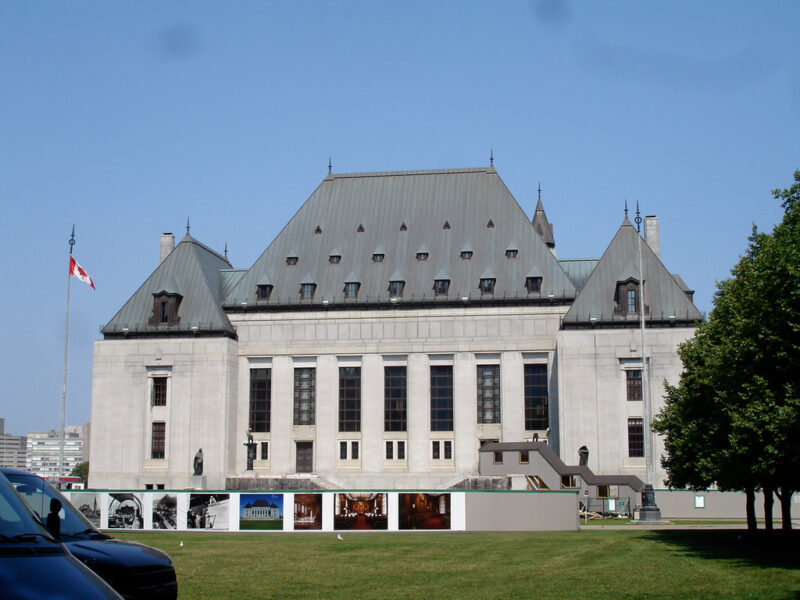


OTTAWA – The Supreme Court of Canada held that Justin Trudeau’s imposition of the carbon tax was constitutional as a result of the little known ‘if we don’t do something we’re gonna be real fucking dead real fucking soon’ legal principle.
“The Peace, Order and Good Government clause of the British North America endows the federal government with broad powers,” wrote Chief Justice Wagner for the majority. “As was first described by this Court during the Great Depression, that includes the power to intervene when there is a significant risk of everyone in the country Shuffling Off This Mortal Coil a lot sooner than we’d fucking like.”
“Since several of the Provinces seem to be fine with humanity’s extinction as long as it doesn’t hurt our GDP, the task has fallen to the federal government,” he added.
The Court rejected the submissions from counsel for Saskatchewan that the ‘We’re All Gonna Fucking Die’ principle did not apply in this case, because there was a chance some of us wouldn’t die, but rather evolve into a kind of mutant human that can survive in the climate apocalypse by hunting the Water-Deer that will populate Canada’s flooded cities by then.
“Like climate change, the grim spectre of death does not respect provincial borders. For example: all efforts to get him to speak French when he collects souls from Quebec have failed terribly,” said Wagner.
Not all the justices agreed however. Russell Brown and Malcolm Rowe both held that the ‘We’re All Gonna Fucking Die’ principle was designed to be used only in limited circumstances where death was imminent, like if an asteroid was hurtling towards Canada and the federal government needed to act quickly to put together ‘An Armaggedon Or Deep Impact style plan.’
Reached for comment Premiers Scott Moe, Jason Kenney and Doug Ford said they strongly disagreed with the court’s decision and vowed to immediately appeal to whatever court is higher than the Supreme Court.


